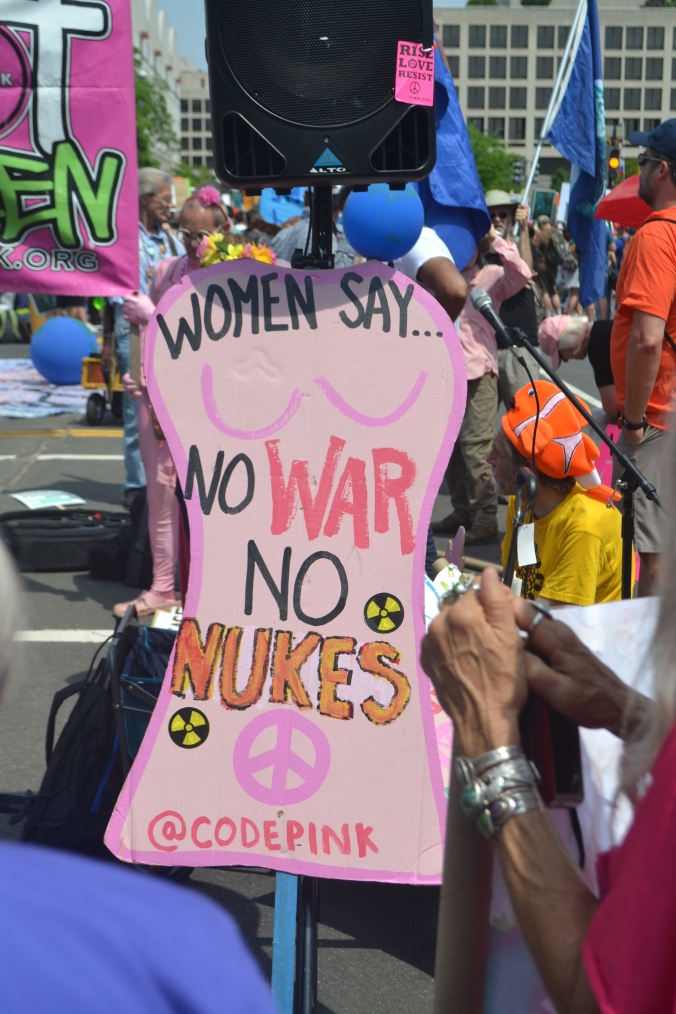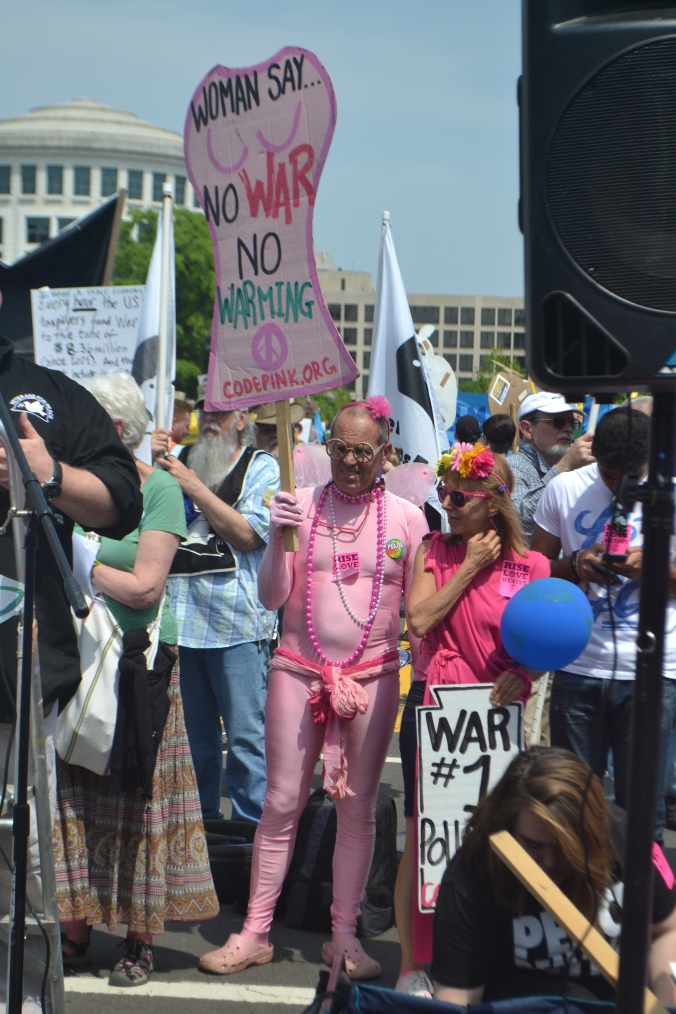Fashion over history has changed drastically from the victorian era where modesty was the highlight of sexuality to our modern day fashion sense which seems to leave nothing to the imagination. The word modesty was used more of a characteristic when purchasing clothes previously in history. What was considered sexy for women in the 1800s is not what we would consider in the present, it would require less fabric.

I want to share an experience with the fashion of women in their 20s. One of my favorite stores is Charlotte Russe and I was on a mission to find a royal blue shirt. I searched for a “full” shirt for about two months and every time I went to Charlotte Russe the shirts were a maze to get into. Ever have a swim suit with various of strips of fabrics and you couldn’t figure out where the front or back was? That was pretty much every royal blue shirt I found and I couldn’t believe how much these “shirts” cost. I would’ve paid $25 dollars for less shirt if I were desperate for this shirt but I found one in the dark depths of The Burlington Coat Factory.
 Now-a-days the fashion has developed in ways I’m sure no one from these times periods would’ve predicted. There are women wearing clothing from the men section of stores like H&M and vice versa for the men. I definitely shop in the men’s section in H&M and I feel comfortable and fully clothed. And I wouldn’t spend an hour looking in a store looking through all the millions of choices when I could just go to the men’s section and be in and out. But dressing in the opposite clothing of the gender you identify with can cause so discord by confusing people around you as West and Zimmerman would agree.
Now-a-days the fashion has developed in ways I’m sure no one from these times periods would’ve predicted. There are women wearing clothing from the men section of stores like H&M and vice versa for the men. I definitely shop in the men’s section in H&M and I feel comfortable and fully clothed. And I wouldn’t spend an hour looking in a store looking through all the millions of choices when I could just go to the men’s section and be in and out. But dressing in the opposite clothing of the gender you identify with can cause so discord by confusing people around you as West and Zimmerman would agree.
However, there is a light for our demographic with shopping in other stores known for selling products more for older women for example New York & Company has a demographic of women from 25 to 45. But I feel like this is kind of sad that in order for women from about 16 to 23 to have some modesty in their style they have to either go to the men’s sections or other stores for older women. What do you guys think would you want your daughter who is even from the age of 13 to 21 to be in these kinds of clothes?

I really just want to be able to go to a store and not look “weird” because the workers there are wondering why I’m shopping in their store. I have also been trying to find dresses that are not body con or just very short and I have to go on Amazon to find dresses from the 1950s for my performances through the semester. I would love to go to a store and not think, Seriously?!, Who would wear this?!, or My mom would kill me if she saw me in this!, once I walk into the store that targets our demographic. Thank you for letting me rant, hope you enjoyed.


